Eurovision Stage: A Pride Flag Ban?
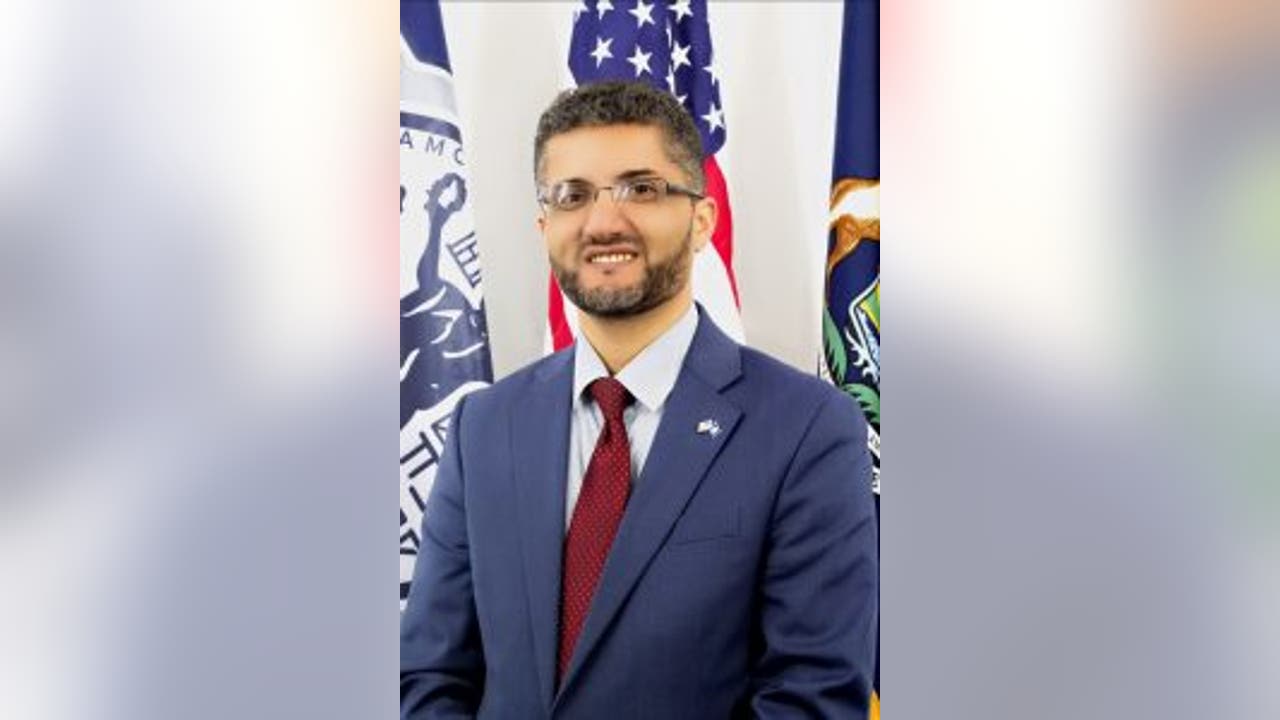
Table of Contents
The Alleged Ban and its Origins
The alleged ban on Pride flags at the Eurovision Song Contest stems from conflicting interpretations of the event's rules and regulations. While no explicit ban has been officially declared by the European Broadcasting Union (EBU), the organizers, concerns arose from ambiguous statements regarding politically motivated displays. This lack of clarity has fueled speculation and anxieties within the LGBTQ+ community and beyond.
- Speculation vs. confirmed policy: Many news outlets reported on potential restrictions, leading to widespread concern, but the EBU’s official stance remains less clear-cut, leaving room for interpretation.
- EBU and host country statements: The EBU has emphasized the need for political neutrality, while the host country's official position may vary, adding layers of complexity to the situation.
- Differing interpretations of the rules: The lack of explicit guidelines regarding LGBTQ+ symbols has caused differing interpretations, with some viewing Pride flags as purely expressive, while others interpret them as potentially political statements.
Reactions and Public Opinion
The alleged Eurovision Pride Flag ban has ignited a firestorm of reactions across the globe. Artists, fans, LGBTQ+ organizations, and political figures have voiced their opinions, creating a diverse and often conflicting landscape of perspectives.
- Support for allowing Pride flags: Many prominent figures and organizations have strongly advocated for the right of individuals to express their identities and solidarity through Pride flags, highlighting the importance of inclusivity and visibility.
- Counter-arguments against overtly political displays: Conversely, some argue that overtly political displays should be avoided at Eurovision to maintain its apolitical nature and focus on the musical competition.
- Social media reactions and public statements: Social media platforms have become battlegrounds for this debate, showcasing a range of emotional and strongly-held opinions. Public statements from prominent figures have further fueled the controversy.
Historical Context of LGBTQ+ Representation at Eurovision
Examining the historical context of LGBTQ+ representation at Eurovision provides valuable insight into the current controversy. While progress has been made, the journey has been marked by both milestones and setbacks.
- Milestones: Over the years, there have been openly LGBTQ+ artists participating and songs with LGBTQ+-inclusive themes, marking significant steps towards greater representation and visibility.
- Previous controversies: While not always explicit, previous instances of subtle or implicit censorship regarding LGBTQ+ expression have also shaped the narrative surrounding this year’s debate.
- Increasing visibility and acceptance: The growing visibility and acceptance of LGBTQ+ individuals in the Eurovision context is a testament to evolving societal attitudes, yet the current controversy highlights that the fight for full inclusion is far from over.
The Broader Implications for LGBTQ+ Rights
The debate surrounding the Eurovision Pride Flag controversy transcends the confines of a single music competition. It highlights broader implications for LGBTQ+ rights in Europe and globally.
- LGBTQ+ rights in Europe and globally: The controversy reflects ongoing struggles for LGBTQ+ equality across numerous nations, emphasizing the challenges faced in ensuring equal rights and freedom of expression.
- Freedom of expression and inclusivity in public spaces: The debate speaks to the larger issue of inclusivity and freedom of expression in public spaces and the potential for censorship, even in seemingly apolitical settings.
- Similar controversies in other international events: This controversy echoes similar debates within other international events, revealing a persistent tension between political neutrality and the expression of identity and solidarity.
Conclusion
The debate surrounding a potential “Eurovision Pride Flag ban” underscores a crucial conflict between maintaining the apolitical nature of the event and ensuring inclusive representation for the LGBTQ+ community. The lack of clear and unambiguous guidance from the EBU only intensifies the controversy. The implications extend far beyond Eurovision, highlighting ongoing discussions about LGBTQ+ rights, freedom of expression, and the challenges of achieving inclusivity in a globalized world. The “Eurovision Pride Flag debate,” and discussions surrounding a Eurovision Pride Flag ban, continue to evolve, making it crucial for all to remain informed and engage in respectful dialogue. Stay informed about further developments and participate responsibly in the conversation about LGBTQ+ rights and representation. Let your voice be heard, but ensure it's a voice of understanding and respect.

Featured Posts
-
 Future Of Microsoft Activision Deal Uncertain After Ftc Appeal
May 01, 2025
Future Of Microsoft Activision Deal Uncertain After Ftc Appeal
May 01, 2025 -
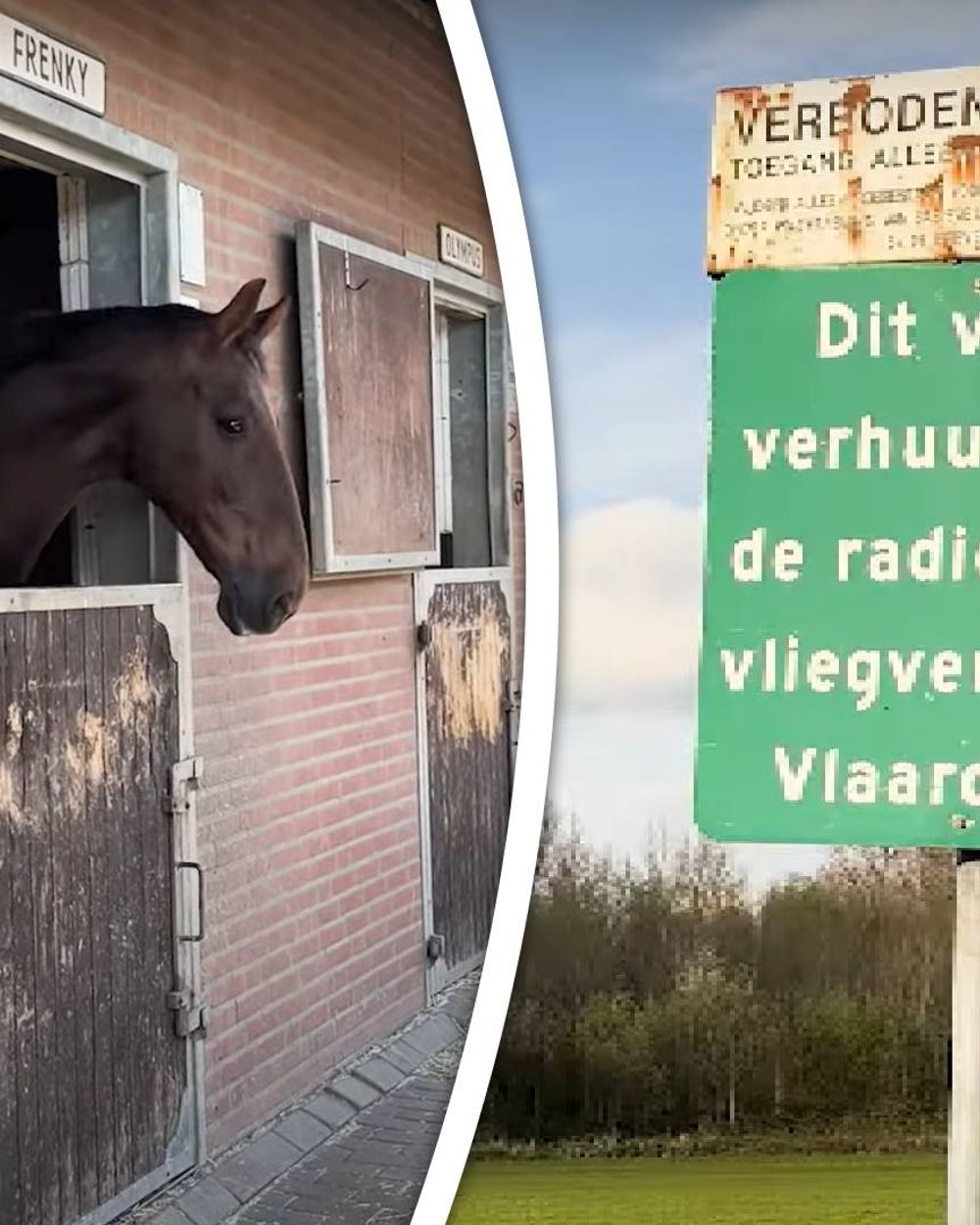 Teleurstelling In Oostwold Nieuwe Plannen Voor Verdeelstation Ondanks Protest
May 01, 2025
Teleurstelling In Oostwold Nieuwe Plannen Voor Verdeelstation Ondanks Protest
May 01, 2025 -
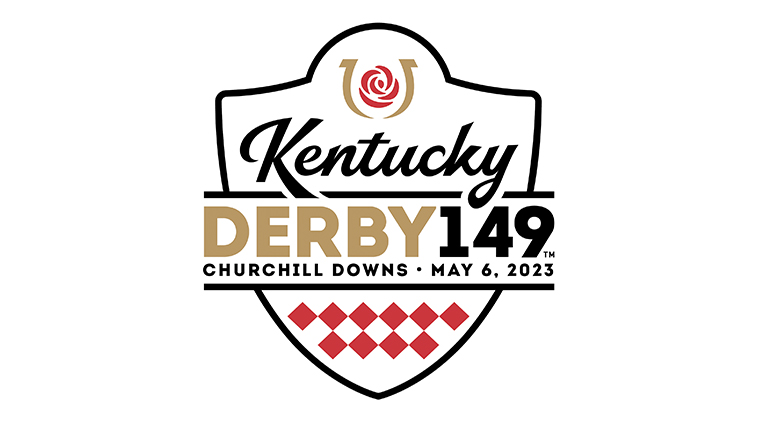 Churchill Downs Storm Preparedness Ensuring Safety During Kentucky Derby Week
May 01, 2025
Churchill Downs Storm Preparedness Ensuring Safety During Kentucky Derby Week
May 01, 2025 -
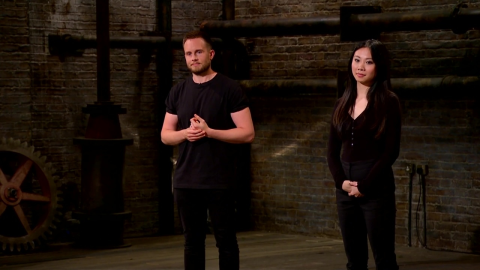 Dragons Den Investment What To Expect And How To Prepare
May 01, 2025
Dragons Den Investment What To Expect And How To Prepare
May 01, 2025 -
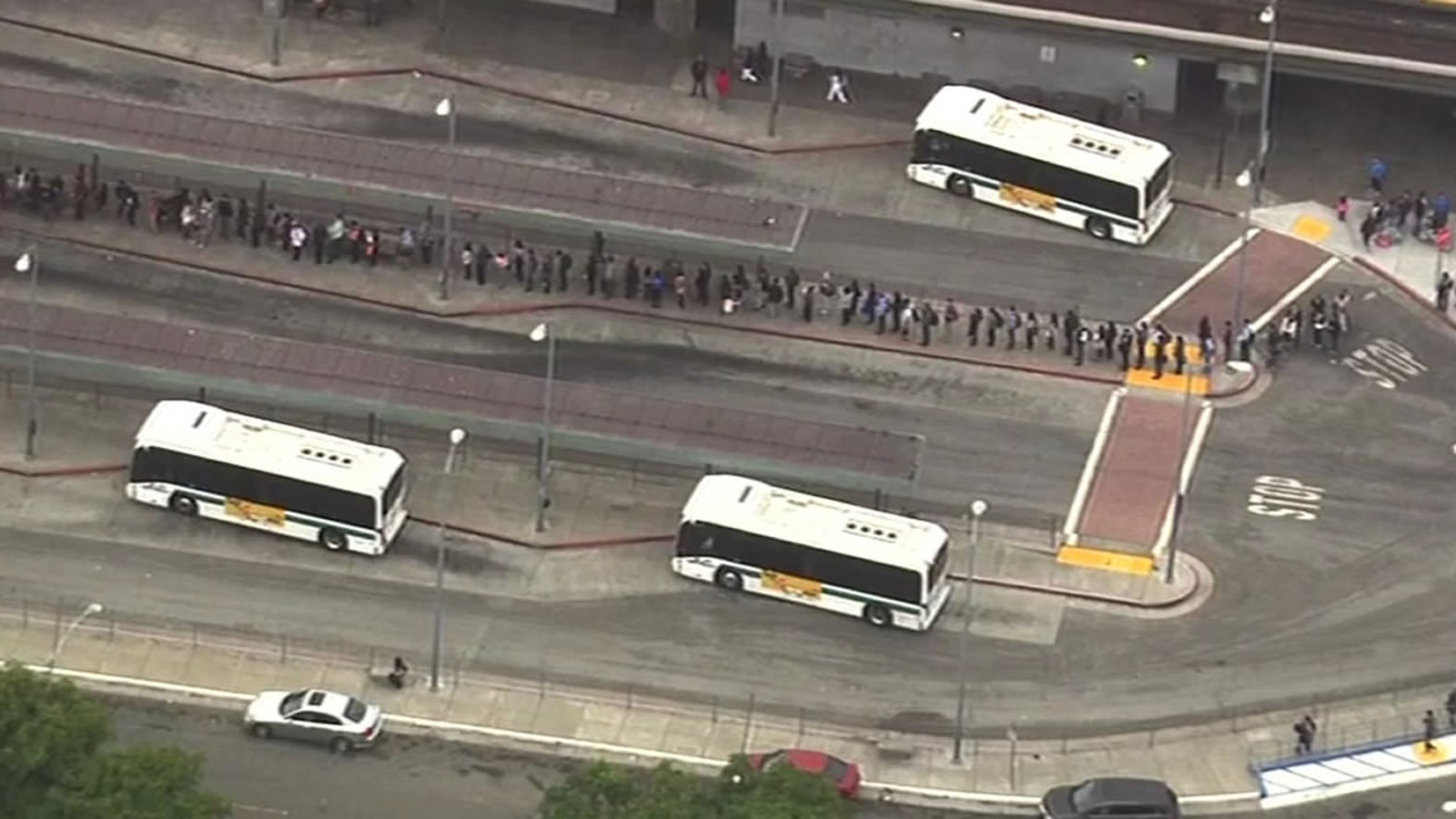 Hundreds Stranded After Kogi Train Suffers Technical Issues
May 01, 2025
Hundreds Stranded After Kogi Train Suffers Technical Issues
May 01, 2025
